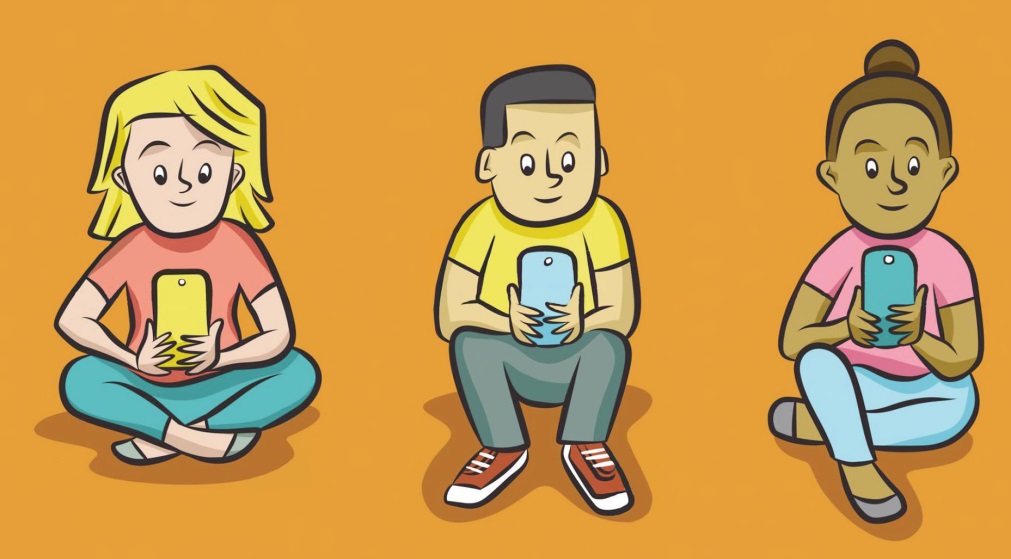SUMMER SCREENS: HOW MUCH SCREEN TIME IS TOO MUCH?
BY LAURA LINN KNIGHT

- In Europe, The Independent recently reported that obesity is at ‘epidemic proportions,” as one in three children are now obese or overweight1
- In the United States, obesity in US children increased at an unprecedented rate during the pandemic2
- Teen sadness rates and depression are at all time high3
- Screen time decreases the level of physical activity in autistic children 4
- Screen time usage in children is considered to be one of the top 3 harmful effects from the aftermath of the COVID-19 Pandemic 5
- Screens can negatively affect cognitive development, language and attention development, psychosocial behavior and brain structure 6
- Screen use releases dopamine in the brain, which can negatively affect impulse control 7
Examining these negative impacts of screens, it is time to make a plea for parents to reconsider screen time usage this summer. This is not because I am anti-screens. Nor do I believe that children should never be allowed to watch movies or play video games. As a parenting educator, former elementary school teacher, and mama of two, I see the benefits of screens and I don’t believe children need to be raised without screens entirely. However, screens too often take the role of babysitter, friend, and physical social interaction.
As parents try to balance screens with daily life for their child, this can be a tricky road to navigate for parents of children with disabilities. Having taught children with disabilities for many years, I understand the helpfulness of screens in a child’s life.
I fondly remember an autistic boy in my classroom that I had the pleasure of teaching for two years. Working with his one-on-one aide, we found that this student benefited greatly when I used a projector in the classroom to display classwork. The interaction with the screen kept this boy more engaged with the work we were doing. This is an example of the positive educational role screens can play in the life of a child.
Additionally, research shows that screens can bring calming effects for some children with disabilities and act as a buffer when environmental noises and social interactions are too intense.